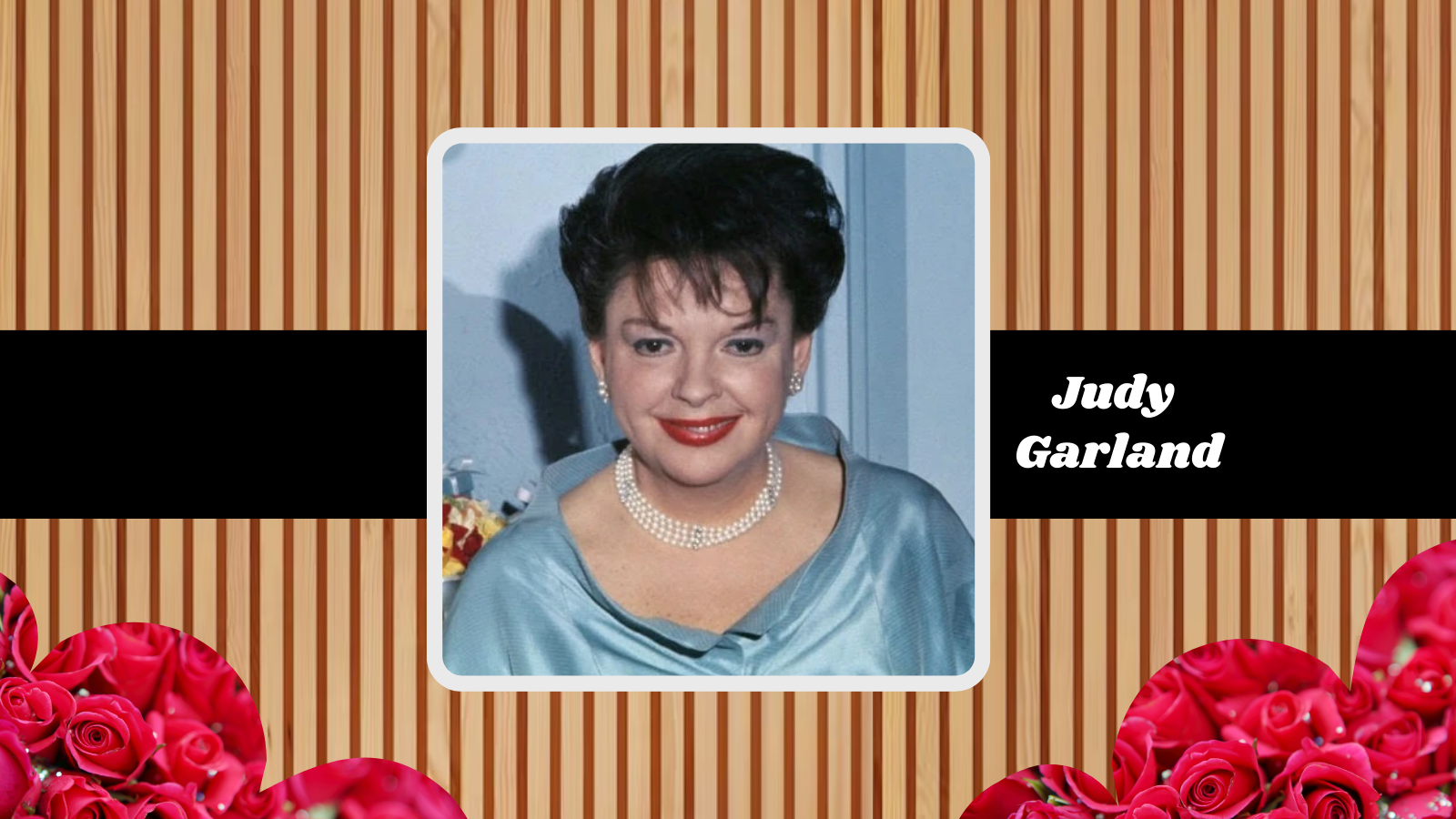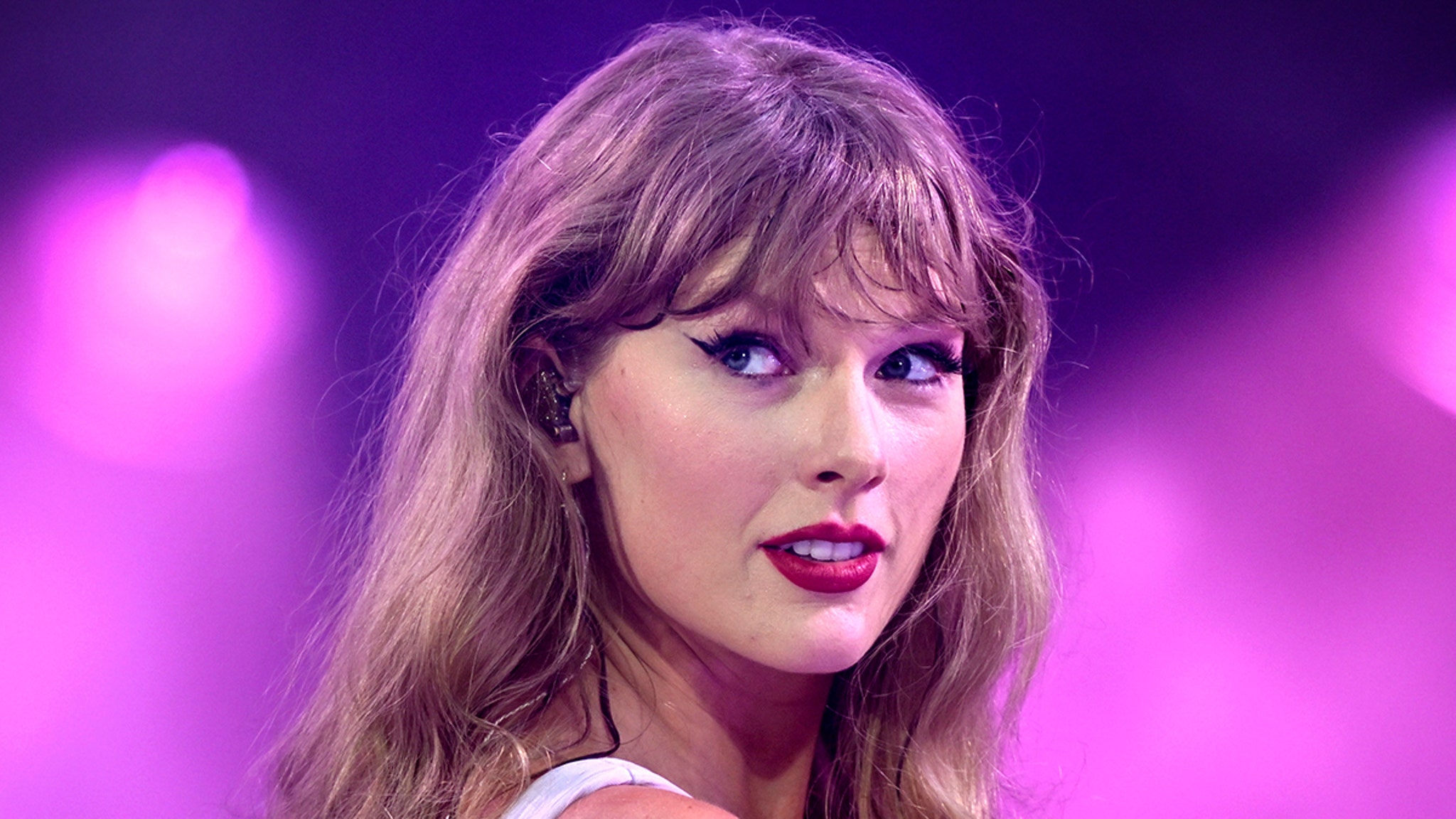'Speak No Evil' review: This time for Americans!
James McAvoy menaces in Blumhouse's bizarre remake, "Speak No Evil."


How do you top one of the scariest movie endings of the last decade? This was the challenge facing James Watkins, the director behind such eerie English fare as Eden Lake and The Woman in Black, as he remade Speak No Evil, a 2022 Danish film that had critics cheering — and screaming.
A psychological thriller about the dangers of committing to civility, Speak No Evil rattled audiences to their core by playing out the sicko possibilities of "What's the worst that could happen" on a weekend getaway with new friends. Hot off the critical praise of the film, American horror studio Blumhouse Productions snapped up the rights for a remake. Watkins promptly adapted Christian Tafdrup and Mads Tafdrup's original script, much of which was already in English. And within two years from the original's U.S. release, a Hollywood version is hitting theaters, starring such celebrated actors as James McAvoy, Mackenzie Davis, Scoot McNairy, and Aisling Franciosi.
The talent assembled is promising. The original film is fantastic, both darkly funny and deeply, deeply chilling. So what could go wrong? Well, Blumhouse and Watkins could fuck with the recipe to cater to American expectations, and they've done just that.
Speak No Evil, now with backstory. Lots and lots of backstory.

Rather than bore you with a breathless comparison between Christian Tafdrup's harrowing original and Watkin's wobbly remake, here are the broad strokes.
Both films follow an upper-middle-class married couple with a young daughter, who collectively befriend a gruff but lovable family of three while vacationing abroad. Taking the party to a second location — specifically, the latter family's remote and rustic home in a rural landscape — the posh and desperately polite family gets increasingly uncomfortable as their personal boundaries are tramped on by their beaming and beguiling hosts. A diabolical snare has been set. Where does politeness cross into compliance? Where does rudeness punch into ruthlessness? Both movies have very different answers despite telling mostly the same story.
In Watkins' version, every single character gets backstory, whether or not there's any real need for it. American couple Louise (Davis) and Ben (McNairy) aren't just comfortably wealthy liberals who yearn to seem accepting of all cultural differences. They are also enduring marital strife after a brush with infidelity. Irish Paddy (McAvoy) and Ciara (Franciosi) aren't only a mix of abrasive and enviable — chiefly for their lack of fucks about society's squeamish demands for politeness. This time, they also have tearful monologues that delve into tragic childhoods, personal loss, and domestic violence. Even the kids — who are mostly doe-eyed poppets in danger in the original — are given more, including newfound agency that feels very post-girl boss placating. But sometimes less is more.
Perhaps the thought was that we needed to know more about these characters to be invested in their struggle. Or perhaps Watkins was determined to prove his remake was more than a superficial redo. But he's answering questions as relevant to this story as, "Gee, how did Han Solo get his name?" The rough strokes of the original film painted a complete picture. These new details feel like a feckless flourish more than they provide newfound depth. Besides, sometimes it's scarier just not to know why.
James McAvoy's casting was a mistake from day one.

It's not that McAvoy isn't up to the task of playing a brash yet enchanting baddie. It's actually the opposite. He's done this so effectively in films like Split, Filth, and Glass that his very presence telegraphs the thriller's dark turn. And Blumhouse knows it, as their Speak No Evil's marketing poster centers squarely on the Scottish actor's mug, smiling menacingly.
In the original film, a scorching score over mundane moments warned of danger. But Fedja van Huêt, who thrillingly portrayed the predatory Patrick, wasn't immediately alarming. In fact, he often deflated conflict by being willfully silly or jarringly vulnerable, jolting his captive comrade out of fear of violence. McAvoy, who's bulked up in this role with his beefy arms bursting from a snug tank top, isn't able to let off the gas, even when he's following Patrick's path beat-for-beat. In the original, it's uncomfortable yet funny when van Huêt sings female-led pop to defuse a situation. But when McAvoy does it, his intensity makes the bit feel like a dare rather than a tactic. He's just creepy. And this makes it harder to settle into the empathetic terror of "but for the grace of God go I."
Speak No Evil for Americans means coddling the audience.

American horror thrives on convention. Horror fans line up for franchises so they can see Michael Myers rise again and again, logic be damned. We relish the twisted safety we have watching a familiar cliche play out. When the open door is shut and there's a knife-wielding killer behind it, we might jump in fright — but we also feel comforted by having seen it coming. On some level, these movies that play by convention satisfy us by subtly promising that we'd fare better than the fools being slaughtered on screen.
The original Speak No Evil didn't play by these rules. There'd be no hint dropped about a good improvised weapon should the need arise. No dialogue hinted that this unassuming couple is secretly prepared to turn Final Girl +1. The new Speak No Evil does play this game, and in doing so pulls the remake away from its psychological thriller roots and firmly into slasher terrain in a final act that is very, very different from its source and the ending that still makes me shiver.
It's a damn shame. This Speak No Evil is surprising in all the wrong ways. Yes, it's competently constructed and earnestly performed. But ultimately, Watkins (and Blumhouse) pull the punches of the original, presumably so Americans can maintain a smug pleasure in horror formulas. The filmmakers' assumption about their audiences seems to be that they need motivations and plot points spelled out. So not only are we given increasingly tedious monologues, but also an insert shot, plucked from the original, hammered home by a finger in frame literally pointing to the key detail. "DO YOU GET IT, NOW?!" The shot seems to scream.
More than this low expectation of audience comprehension, this Speak No Evil suggests American audiences cannot imagine feeling truly powerless — or perhaps don't want to. (The Saw franchise, now 10 films deep, scoffs at this assumption.) That is the ultimate horror of the original Speak No Evil. What if that pivotal life or death moment came, and you couldn't live up to Hollywood's popular fight-back fantasy? Tafdrup chased that fear to a bone-chilling and graphic climax that takes no prisoners. Watkins didn't dare.
For his version, Watkins has gussied up a convoluted action sequence to coddle American exceptionalism. Ironically, he does this by cutting the original's most horrific scenes and in their place offering underwhelming substitutions, like swapping a rare porterhouse steak for a bit of soggy cardboard. Of course, if you've never savored the blood and bite of a steak, this processed remake will probably serve just fine.















